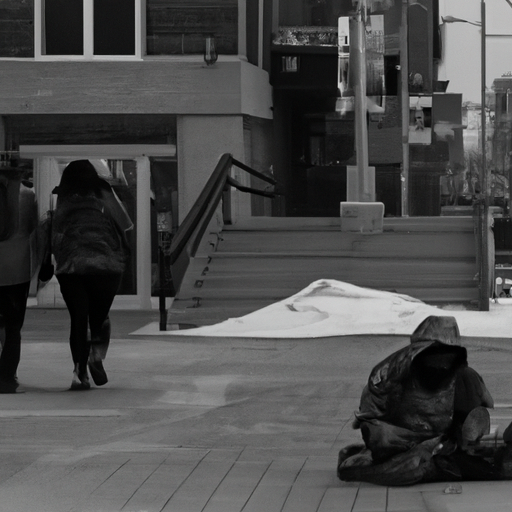The Quebec Opioid Class Action: A Step Toward Accountability in the Opioid Crisis
Canada is currently grappling with a harrowing public health emergency: a nationwide opioid crisis that has fuelled waves of addiction, homelessness, and crime. Amid the turmoil, a landmark verdict in a Quebec courtroom provides a glimmer of hope and the potential for a new path toward justice and accountability.
Opioid Class Action Lawsuit in Quebec
A Quebec Superior Court recently approved a class-action lawsuit against opioid manufacturers, which is unprecedented in Canadian history. The plaintiffs are accusing Purdue Pharma (Canada) Ltd., Janssen Inc., and other opioid manufacturers of misleading users about the dangerous side effects and addictive nature of their prescribed opioids.
This motion is a significant development in the struggle against the opioid crisis because the plaintiffs are not only seeking monetary compensation but also a clear acknowledgement from these companies about the dangerous side effects of opioids. They allege that these corporations underplayed the risk of dependency while inflating their therapeutic benefits.
The Ripple Effect of the Opioid Crisis
While the class-action lawsuit primarily focuses on patients who were prescribed opioids for non-cancer chronic pain between 1996 and 2021, it becomes pivotal to recognize the vast web of societal consequences that stem from the opioid crisis. The ramifications are not limited to personal health issues for the users. The crisis ripples through the community, exacerbating homelessness, crime rates, and straining public health resources.
- One stark consequence is the increase in homelessness. Persons grappling with opioid addiction often find themselves without stable housing, making treatment and recovery infinitely more challenging.
- Another impact is the surge in crime rates, particularly petty theft and similar crimes, as those suffering from addiction try to finance their dependency.
- Further, the burden on public health resources is astonishing. The sharp increase in opioid overdose patients has significantly strained emergency departments and increased demand for naloxone, a medication designed to quickly reverse an opioid overdose.
Canada’s Ongoing Battle with the Opioid Crisis
As the Canadian government struggles to combat the opioid crisis, efforts like this class-action lawsuit are crucial in mounting a comprehensive response. Apart from mitigating the damage caused by the opioid crisis, it is also essential to hold accountable those entities that may have propagated it. The approval of this class-action lawsuit could potentially stimulate other jurisdictions to take similar legal initiatives, culminating in a collective and vigorous push for justice and change.
The verdict also signifies that large pharmaceutical corporations can and should be held accountable for misleading the public. If successful, the class-action lawsuit could set a precedent that deter pharmaceutical companies from ignoring and downplaying potential health risks in pursuit of profit.
In addition to pursuing legal avenues, it is crucial to continue investments in harm reduction strategies. This includes wider dissemination of naloxone kits and establishing more supervised consumption sites, providing support for those afflicted while also working to reduce the influx of new cases.
Conclusion:
Approval for the Quebec opioid class action lawsuit is a significant step toward accountability in the battle against the opioid crisis. It highlights the enormous societal consequences, such as increased homelessness and crime, while holding pharmaceutical companies responsible for their alleged misleading information about health risks.
While the lawsuit represents a ripple in an unchartered legal territory, it also signifies a broader movement for justice and accountability. As the opioid crisis continues to unfold, it will be important to monitor the progression of this case and others like it across the country. Successes and setbacks will not only affect the participants but may also shape the course of Canada’s broader efforts to confront and mitigate the catastrophic effects of the opioid crisis.
